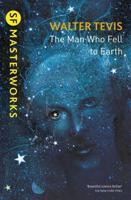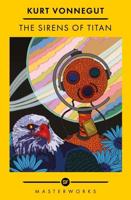Publisher's Synopsis
Remarkable at the time of their original publication in the 1990s for their representation of contemporary anxieties and desires over emerging technology--particularly networked digital communications, surveillance and archiving systems--the science fiction novels and short stories of Michael Marshall Smith remain so today in their prescience. In this critical study, drawing on a wide range of sources from fields including media studies, literary theory, sociology and philosophy, Sweeney revisits Smith's nineties oeuvre, reading it both as a product of its contemporary techno-cultural environment and in the context of today's internet-enabled 'digital age', many aspects of which Smith anticipated. Sweeney engages too with later works, written under the pseudonyms Michael Marshall and Michael Rutger as well as under Smith's own name, which perform a generic shift from science fiction to crime/thriller and horror with a corresponding focus on realism, albeit a realism which is then subject to estrangement, over futuristic speculation. Sweeney shows how this shift is, at least in part, a reflection of the arrival of the very future Smith had already imagined.












